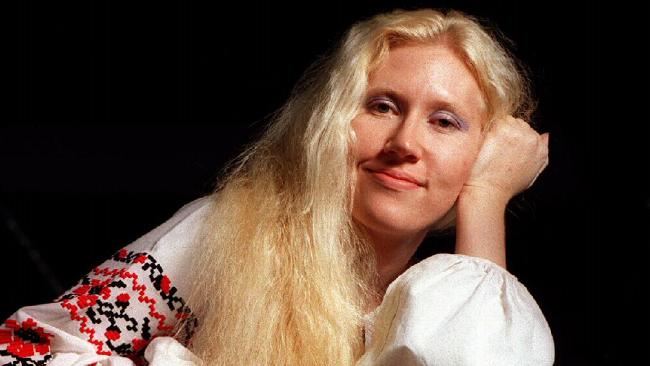Australia/Israel Review
The Last Word: Blood Libels
May 4, 2017 | Jeremy Jones

Jeremy Jones
Some years ago, I had the opportunity to spend time with a remarkable man, a survivor of the Nazi genocide who had risen to leadership in the Jewish world.
We discussed his life in Romania, where he had been born, began his education, was forced to be a slave labourer by Nazi collaborators, saw the world he had known destroyed – and nearly all his relatives and friends murdered – before spending time in Israel and then relocating in Australia.
The worst time, he told me, was Easter.
While there were occasional invocations of the evil antisemitic claim that Jewish people murdered Christian children to use the blood of the victims for religious purposes – specifically as an ingredient in the unleavened bread, matza, which Jews eat on Passover – this was only a partial reason for fear of violence and pogroms.
Those lies surfaced from time to time, but with ominous regularity, each Easter, Christian clergy preached that Jewish people killed Jesus – and forever bear the “blood guilt”.
Inspired, sometimes even encouraged, by the preachers, local youths felt free to assault, sometimes with deadly force, any Jew unlucky enough to encounter them.
The first myth generally required the discovery of an alleged victim – or the disappearance of a child – although those targeted for revenge extended beyond individuals (always falsely) accused of ritual murder.
The second allegation – of murderers of Christ – identified all Jews as equally guilty and therefore equally deserving of punishment.
By the Nazi period, other anti-Jewish myths entered the public mind, adding to the “warrant for genocide”.
One was the claim that Judaism was synonymous with Bolshevism, and therefore was an existential enemy of those fighting against the Soviet Union.
This sickening distortion of reality, which coincided with Communist persecution of Jews, was used as an excuse for persecuting, to the extent of murdering, Jewish babies, the elderly, the infirm and all others.
When the issue arose in the mid-1980s of Australia serving as the home to hundreds of Nazi war criminals, fugitives purporting to be refugees, this lie was again ventilated.
A few individuals claimed that they had only ever fought communists, despite belonging to units which had only one task – finding and killing Jewish civilians in Central Europe.
The publication of a novel which, in effect, advocated this lie as truth, written by a person purporting to be of Ukrainian descent claiming to be an authentic, neglected voice, brought debate on this malevolent ahistoricity to the mainstream media.
Eventually, the author, Helen “Demidenko” (real surname Darville, later changed to Dale) was exposed as a fabricator and as having used other people’s creative work without attribution.
While some were willing, at first, to give the writer the benefit of the doubt, and interpret her work as being one where a dispassionate author had created a character who was dishonest, disingenuous and despicable, and another character lacking intelligence or a moral compass, through media appearances it became clear the author was happy to be promoting antisemitism.
She did not simply write a book which outraged those with a sophisticated appreciation of politics, history or morality, but engaged in extended verbal warfare against those who challenged her.
Subsequently, two individuals who presented the myth that Judaism and Jews were responsible for the horrific crimes of communism and communists have been found to be in breach of Section 18C of Australia’s Racial Discrimination Act.
The fact the book received some accolades for its “authenticity” was regrettable, particularly when it was exposed as anything but authentic by genuine authorities on the subject it covered.
Now, the writer has re-emerged (promising another novel) and, regrettably, seems to have enlisted some supporters in the mainstream media to help her convey her personal mythology of victimhood.
The latest entry into public discussion of her contribution to the Australian literary canon appeared around the time Easter and Passover coincided, which, in light of history, appears to be very appropriate.
Tags: Antisemitism






